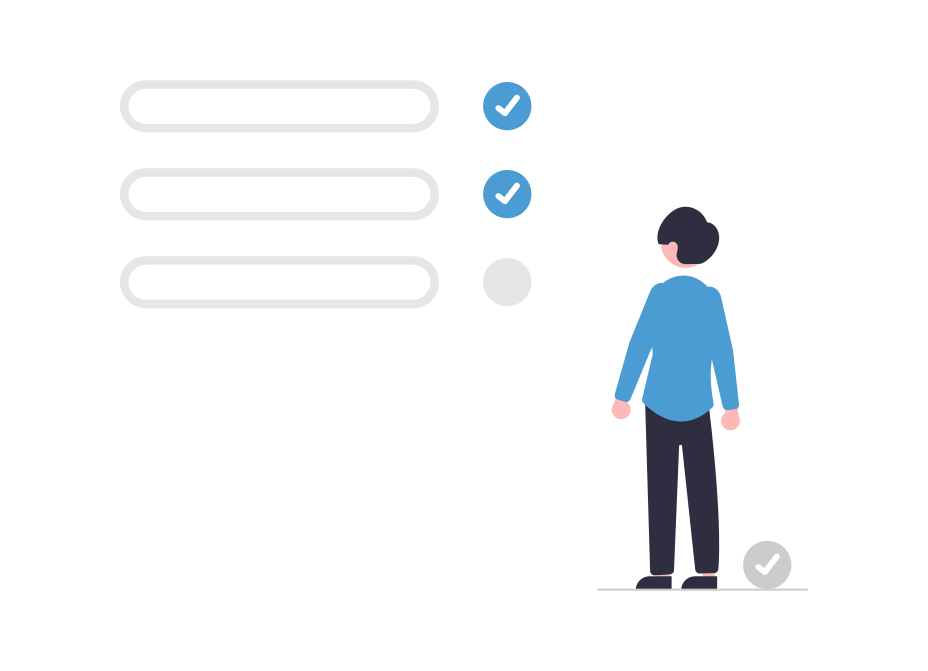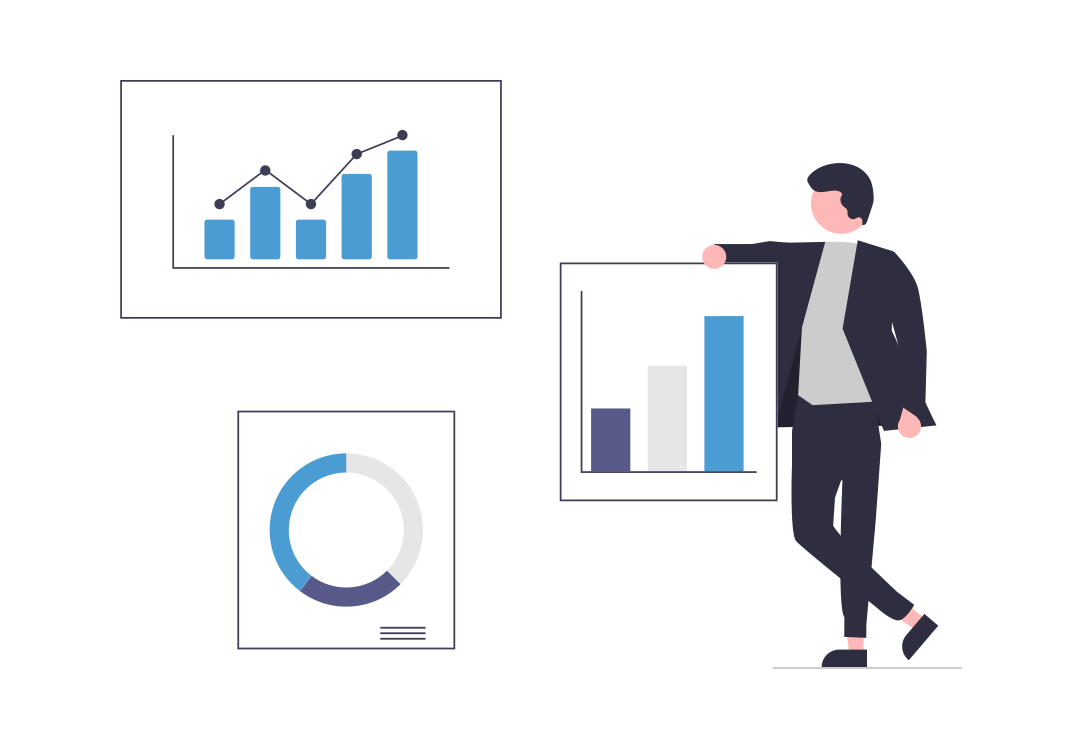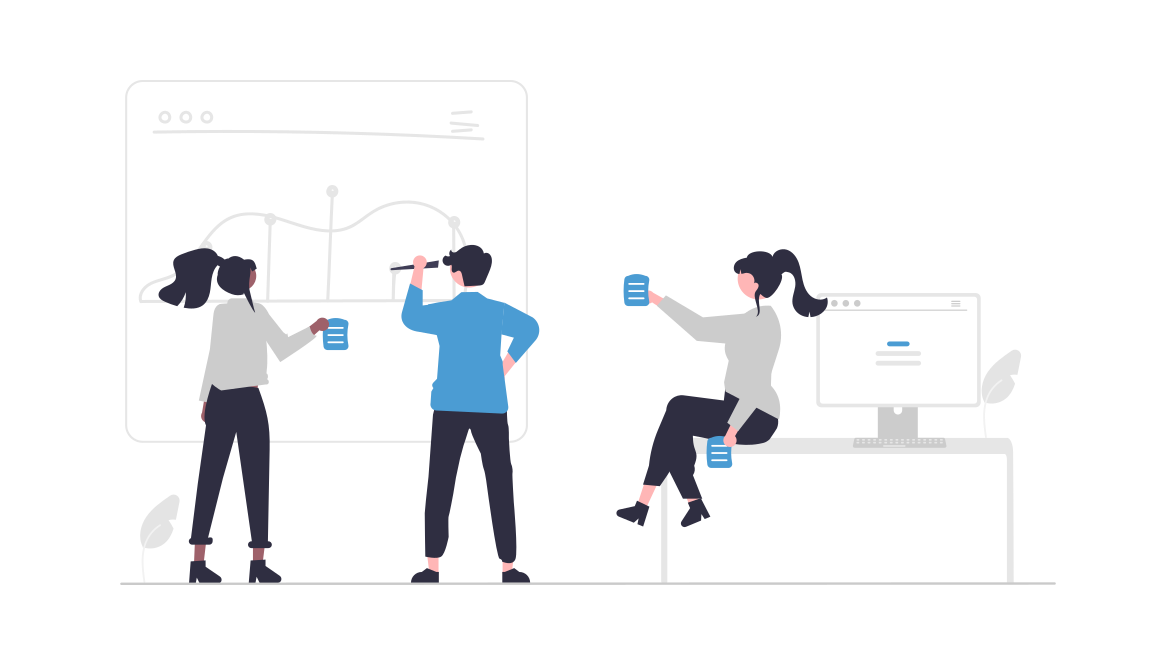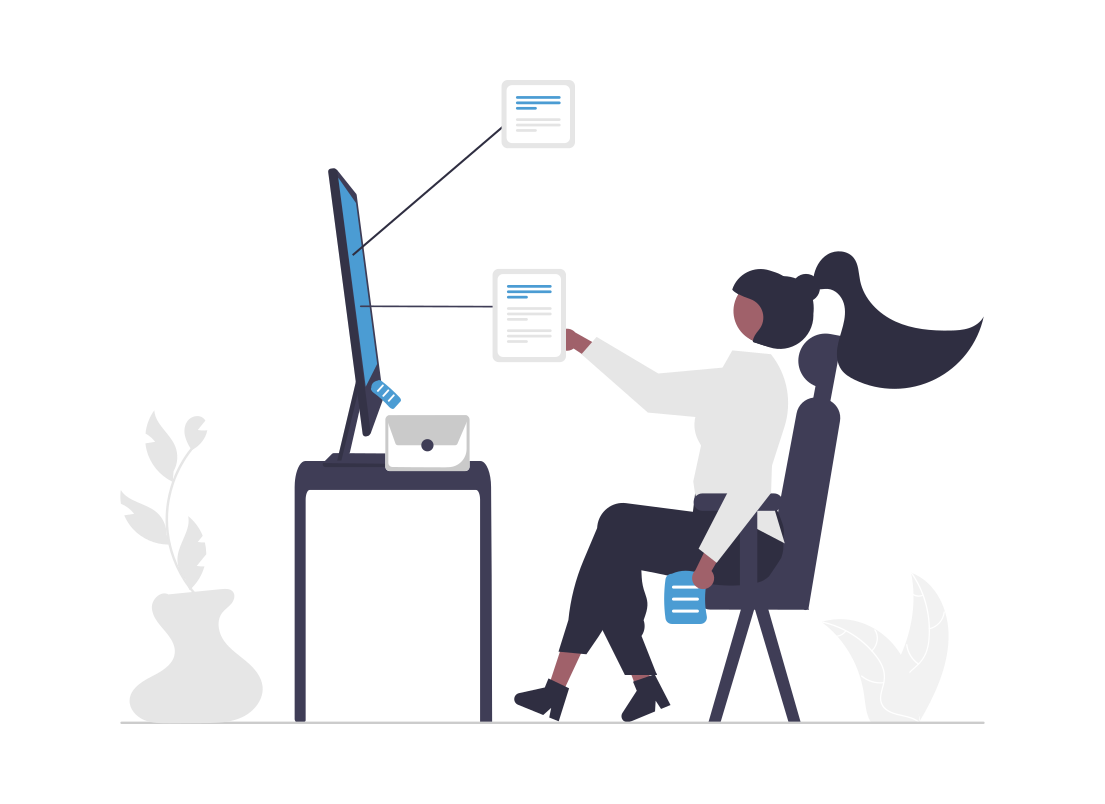Tools and Software
September 12, 2022 | LIVE: School of Data Science and Society
- Boundary Objects and Beyond: Working with Leigh Star: The multifaceted work of the late Susan Leigh Star is explored through a selection of her writings and essays by friends and colleagues.
- The William Blake Archive: Over the course of two centuries, respect for the prints, paintings, and poems of William Blake (1757-1827) has increased to a degree that would have astonished his contemporaries. Today both his poetry and visual art in several media are admired by a global audience. In the broadest terms, the William Blake Archive is a contemporary response to the needs of this dispersed and various audience of readers and viewers and to the corresponding needs of the collections where Blake’s original works are currently held.
- Scientific Data Journal: Scientific Data is a peer-reviewed open-access journal for descriptions of datasets and research that advances the sharing and reuse of research data.
July 28, 2022 | Zero-to-Sixty
- UNC Dataverse: The Odum Institutes manages and provides access to the UNC Dataverse repository to enable individual scientists, research teams, scholarly journals, and other members of the research community to archive and publish their own datasets.
- Global Dataverse Community Consortium: The Global Dataverse Community Consortium (GDCC) is dedicated to providing international organization to existing Dataverse community efforts, and will provide a collaborative venue for institutions to leverage economies of scale in support of Dataverse repositories around the world.
- HeLx Team: Please reach out to the HeLx team if you’d like to find out more about EduHeLx.
- Docker: Docker takes away repetitive, mundane configuration tasks and is used throughout the development lifecycle for fast, easy and portable application development – desktop and cloud.
- Kubernetes: Kubernetes, also known as K8s, is an open-source system for automating deployment, scaling, and management of containerized applications.
- iRODS: The Integrated Rule-Oriented Data System (iRODS) is open source data management software used by research, commercial, and governmental organizations worldwide.
- Google Cloud Platform: Meet your business challenges head on with cloud computing services from Google, including data management, hybrid & multi-cloud, and AI & ML.
- Amazon S3: Amazon Simple Storage Service (Amazon S3) is an object storage service offering industry-leading scalability, data availability, security, and performance.
June 23, 2022 | More than Numbers
- Accessible Visualization via Natural Language Descriptions: A Four-Level Model of Semantic Content: http://vis.csail.mit.edu/pubs/vis-text-model/
- Apache cTAKES™: A natural language processing system for extraction of information from electronic medical record clinical free-text.
- Augmenting Visualizations with Interactive Data Facts to Facilitate Interpretation and Communication: https://faculty.cc.gatech.edu/~john.stasko/papers/infovis18-voder.pdf
May 26, 2022 | Improving Health Outcomes
- ROBOKOP: Robokop is a biomedical reasoning system that interacts with many biomedical knowledge sources to answer questions. Robokop is one of several prototype systems under active development with NIH NCATS.
- Opioid Data Lab GitHub: Check out the Jupyter Notebooks, Data, and Code shared publicly by the Opioid Data Lab. Datasets contain no personally identifying information and are either used with permission or only contain public data. Each set of code listed below is provided for public use, with the author’s consent. Each code set contains a license that details sharing and reuse permissions. Code is written in SAS, Python, Stata, and/or R. These materials are open for use for anyone with an interest in reducing the harm from prescription opioids and heroin.
- SuperLearner: SuperLearner is an algorithm that uses cross-validation to estimate the performance of multiple machine learning models, or the same model with different settings.
- Excel: Microsoft Excel is the industry leading spreadsheet software program, a powerful data visualization and analysis tool.
- Stata: Stata is a complete, integrated software package that provides all your data science needs—data manipulation, visualization, statistics, and automated reporting.
- Jupyter Notebooks: The Jupyter Notebook is the original web application for creating and sharing computational documents. It offers a simple, streamlined, document-centric experience.
- Python: Python is a programming language that lets you work more quickly and integrate your systems more effectively.
- OneDrive: Save your files and photos to OneDrive and access them from any device, anywhere.
- Longleaf Cluster: The Longleaf cluster is a Linux-based computing system available to researchers across the campus free of charge.
- SquareSpace: Create a customizable website or online store with an all-in-one solution from Squarespace.
- PurIST GitHub Repo: This is the public GitHub repository that contains the R package for the Purity Independent Subtyping of Tumors (PurIST) algorithm.
- runPURIST GitHub Repo: Check out the public repository that contains the GUI for technicians to run the PurIST algorithm with their data.
- R for Statistical Computing: R is a free software environment for statistical computing and graphics. It compiles and runs on a wide variety of UNIX platforms, Windows and MacOS.
- RStudio: Inspired by innovators in science, education, government, and industry, RStudio develops free and open tools for R, and enterprise-ready professional products for teams who use both R and Python, to scale and share their work.
- R Markdown: R Markdown provides an authoring framework for data science.
- GitHub: Millions of developers and companies build, ship, and maintain their software on GitHub—the largest and most advanced development platform in the world.
March 24, 2022 | Transforming Youth Advocacy
- Jupyter Notebooks: The Jupyter Notebook is the original web application for creating and sharing computational documents. It offers a simple, streamlined, document-centric experience.
- Anaconda: Anaconda offers the easiest way to perform Python/R data science and machine learning on a single machine. Users can start working with thousands of open-source packages and libraries today.
- Python: Python is a programming language that lets you work more quickly and integrate your systems more effectively.
- R: R is a free software environment for statistical computing and graphics. It compiles and runs on a wide variety of UNIX platforms, Windows and MacOS.
- SQL: SQL, structured query language, is the standard language for creating and maintaining relational databases.
- Matplotlib: Matplotlib is a comprehensive library for creating static, animated, and interactive visualizations in Python. Matplotlib makes easy things easy and hard things possible.
- Seaborn: Seaborn is a Python data visualization library based on matplotlib. It provides a high-level interface for drawing attractive and informative statistical graphics.
- Tableau: Tableau is a visual analytics platform transforming the way we use data to solve problems — empowering people and organizations to make the most of their data.
- Google Data Studio: Google Data Studio is a visualization and reporting tool, and an integral part of Google Marketing Platform. It enables an enhanced approach to decision-making, allowing your entire organization to readily access and use marketing insights.
February 24, 2022 | Tackling Underrepresentation in Data Science
- PIEGraph (Twitter account needed to use tool): This tool was developed to study and promote fact-based information consumption practices. It tracks news, political, and media sources that appear in your Twitter feed (your “Personal Information Environment”) and provides a visual representation (a “Graph”) of their political leaning and factual content scores based on ratings from Media Bias/Fact Check.
- NameDrop: NameDrop is a name pronunciation service. Simply record your name as it’s meant to be said and get your personal name recording link.
January 26, 2022 | Series Kickoff: Usual and Unusual Suspects in Data Science
- ArcGIS Pro | 2D, 3D & 4D GIS Mapping Software: ArcGIS Pro, the powerful single desktop GIS application, is a feature-packed software developed with enhancements and ideas from the ArcGIS Pro user community. ArcGIS Pro supports data visualization; advanced analysis; and authoritative data maintenance in 2D, 3D, and 4D.
- NVivo | Qualitative Data Analysis Software: NVivo helps you discover more from your qualitative and mixed methods data. Uncover richer insights and produce clearly articulated, defensible findings backed by rigorous evidence.
- Pleiades: Pleiades gives scholars, students, and enthusiasts worldwide the ability to use, create, and share historical geographic information about the ancient world in digital form. At present, Pleiades has extensive coverage for the Greek and Roman world, and is expanding into Ancient Near Eastern, Byzantine, Celtic, and Early Medieval geography.
Other Resource Categories




